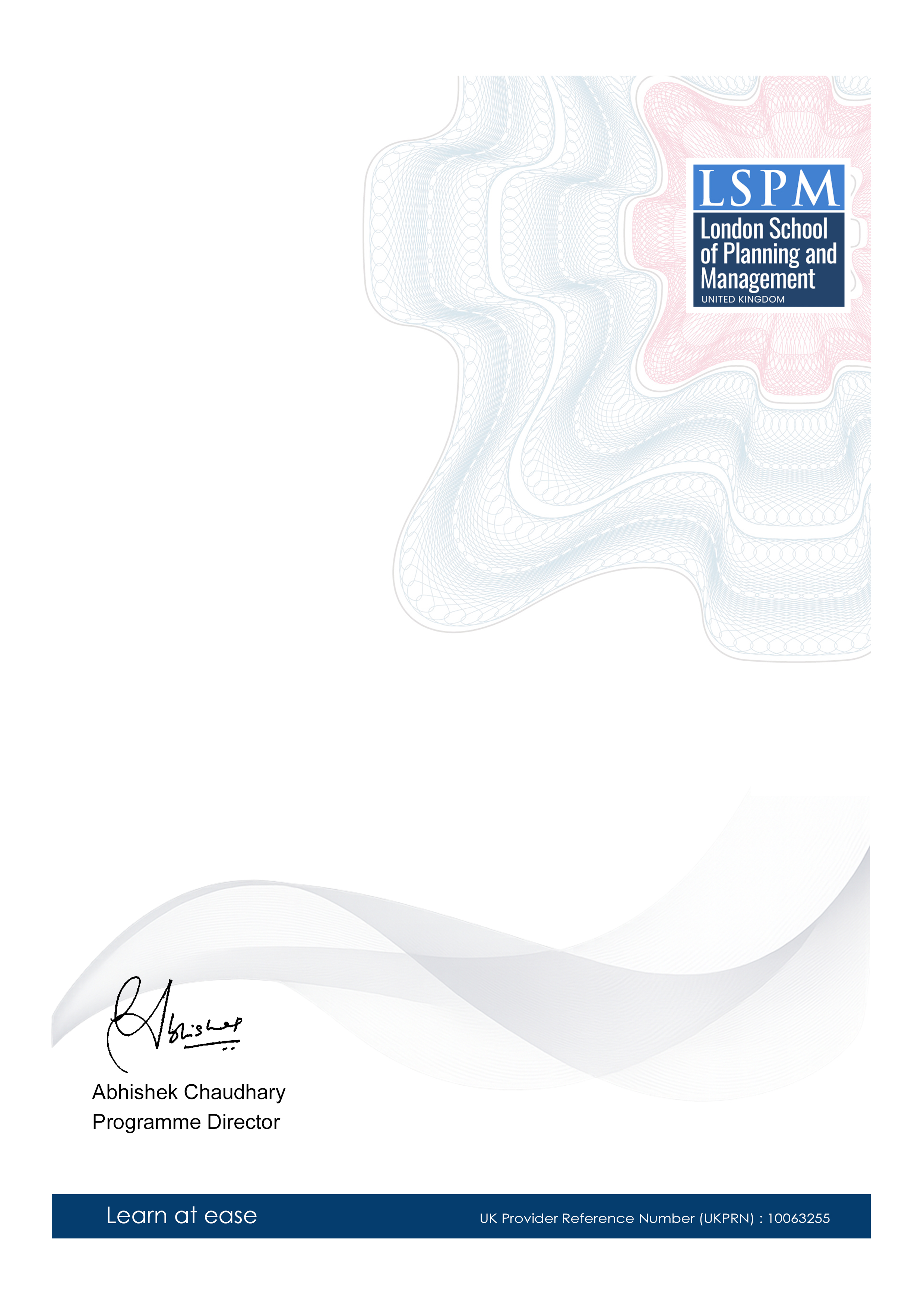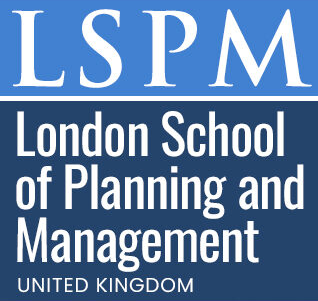Postgraduate Certificate in Humanitarian Risk Assessment and Mitigation
-- viewing nowThe Postgraduate Certificate in Humanitarian Risk Assessment and Mitigation is designed for professionals seeking to advance their skills in identifying, evaluating, and managing risks in humanitarian contexts. The program equips learners with the knowledge and tools to mitigate potential hazards and protect vulnerable populations.
7,864+
Students enrolled
GBP £ 149
GBP £ 215
Save 44% with our special offer
About this course
100% online
Learn from anywhere
Shareable certificate
Add to your LinkedIn profile
2 months to complete
at 2-3 hours a week
Start anytime
No waiting period
Course details
Career path
Postgraduate Certificate in Humanitarian Risk Assessment and Mitigation
The Postgraduate Certificate in Humanitarian Risk Assessment and Mitigation is a specialized program that equips students with the knowledge and skills to assess and mitigate risks in humanitarian settings. Graduates of this program are in high demand in the UK and around the world, working for international organizations, NGOs, and government agencies. Here are some key statistics about the job market trends, salary ranges, and skill demand for this career path:
Primary and secondary keywords: Postgraduate Certificate, Humanitarian Risk Assessment, Mitigation, Job Market Trend, Salary Range, Skill Demand.
Career Roles
Graduates of this program can pursue various career roles in the humanitarian sector, including:
- Humanitarian Risk Analyst: Conducting risk assessments and analyzing data to identify potential risks in humanitarian settings.
- Humanitarian Program Manager: Planning, implementing, and managing humanitarian programs in collaboration with local communities and stakeholders.
- Emergency Response Coordinator: Leading emergency response efforts during natural disasters or conflicts, ensuring effective coordination and delivery of aid.
- Disaster Risk Reduction Specialist: Developing strategies and plans to reduce the impact of disasters on vulnerable communities, promoting resilience and preparedness.
These roles offer competitive salaries and high demand in the UK and internationally. Graduates can expect to work for organizations such as the United Nations, Red Cross, Oxfam, and other NGOs, as well as government agencies like the Department for International Development (DFID) and the Foreign and Commonwealth Office (FCO).
Entry requirements
- Basic understanding of the subject matter
- Proficiency in English language
- Computer and internet access
- Basic computer skills
- Dedication to complete the course
No prior formal qualifications required. Course designed for accessibility.
Course status
This course provides practical knowledge and skills for professional development. It is:
- Not accredited by a recognized body
- Not regulated by an authorized institution
- Complementary to formal qualifications
You'll receive a certificate of completion upon successfully finishing the course.
Why people choose us for their career
Loading reviews...
Frequently Asked Questions
Course fee
- 3-4 hours per week
- Early certificate delivery
- Open enrollment - start anytime
- 2-3 hours per week
- Regular certificate delivery
- Open enrollment - start anytime
- Full course access
- Digital certificate
- Course materials
Get course information
Earn a career certificate

